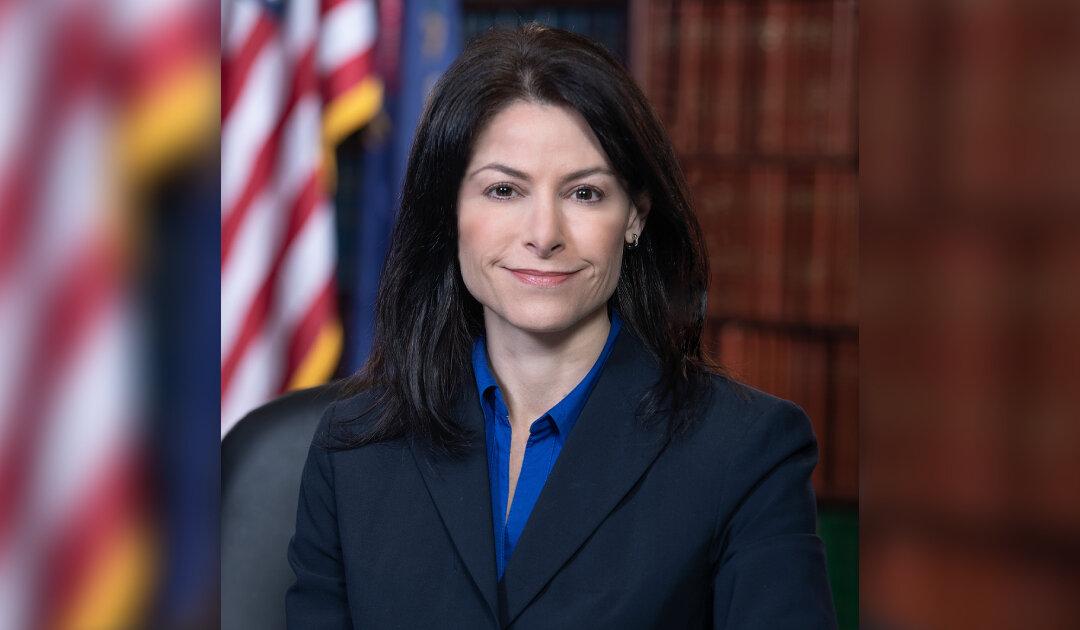A clash of rights has provoked St. Joseph’s Catholic Church of St. Johns, Michigan, to pick a legal fight with the state.
In a complaint filed with the United States District Court of Western Michigan on Dec. 5, the parish asserts that in light of the redefining of the phrase “biological sex” in the state’s civil rights statute it is impossible for it to remain true to the Catholic Church’s teachings on marriage, transgenderism, and homosexuality, without breaking state law.





